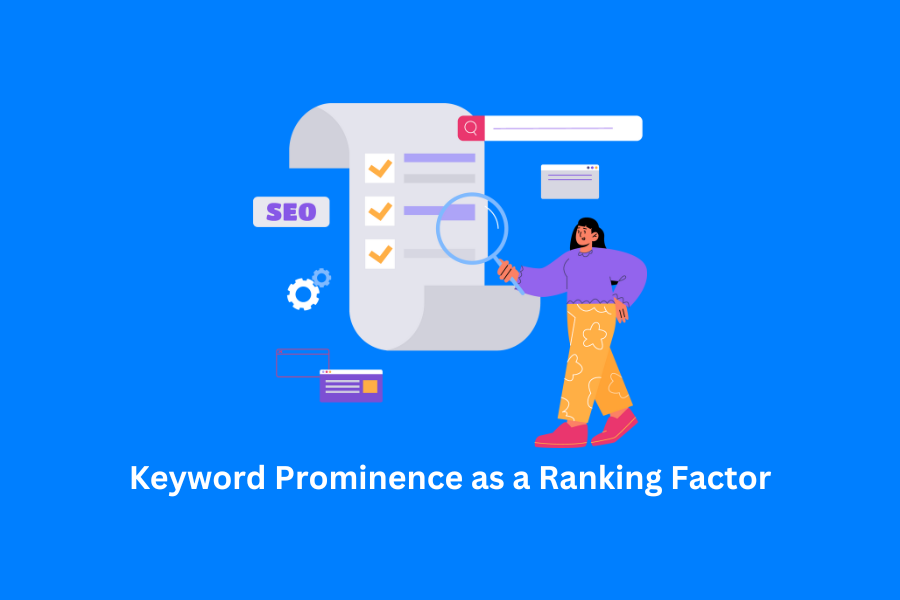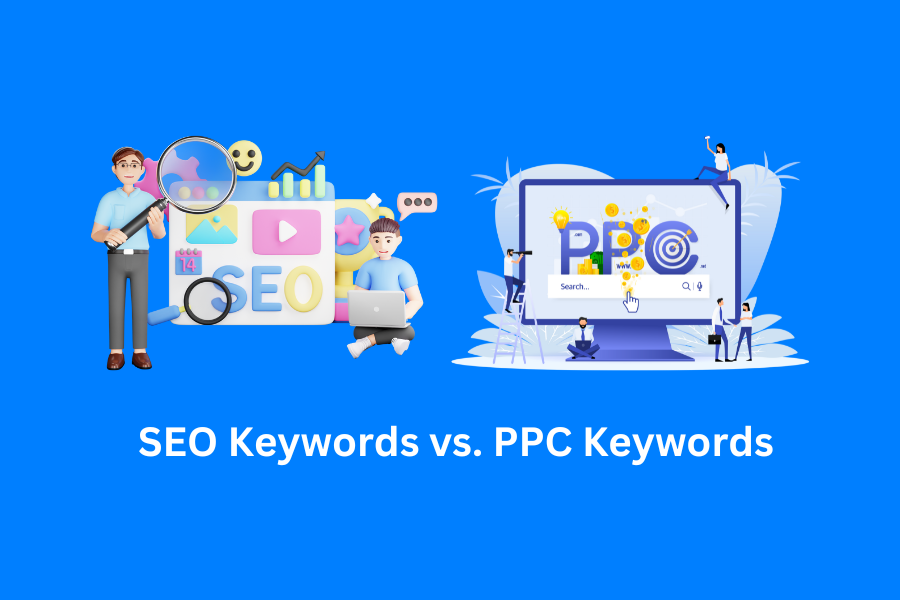Yes, keywords remain important for SEO in 2025 and beyond, but their usage and prioritization have evolved. A comprehensive approach involving user intent, long-tail keywords, and high-quality content is now essential. Let’s discuss why keywords are still crucial and how SEO keyword research and AI will shape the search market in the future.
The Continued Importance of Keywords in 2025
In 2025, keywords remain a critical aspect of SEO, but the approach has changed. Search engines like Google have grown more sophisticated in their ability to understand the context and intent behind a search query. This means that while keywords matter, they need to be used in the right way.
- User Intent Over Exact Matches: Search engines now prioritize understanding user intent. Instead of simply targeting exact-match keywords, content should aim to satisfy the user’s underlying need. For example, a user searching for “best home office setup” may be looking for furniture suggestions, ergonomic advice, or productivity tips. High-ranking content will need to address these various needs holistically.
- Long-Tail Keywords: As voice search and conversational AI grow in popularity, long-tail keywords have become more important. These longer, more specific phrases are easier to rank for and often indicate strong user intent, leading to better engagement and conversions.
- High-Quality Content: Search engines continue to reward content that provides value. Keywords must be integrated naturally within high-quality content that answers user questions comprehensively. The days of keyword stuffing are long gone, and SEO success now requires in-depth, engaging content.
Keyword Mapping and URL Mapping: A Vital SEO Strategy
In 2025, keyword mapping and URL mapping are essential components of a successful SEO strategy. These techniques help ensure that your keywords are aligned with the most relevant pages on your website.
- Keyword Mapping: This process involves identifying the best keywords for each page of your website and ensuring that the content is optimized around those terms. By mapping specific keywords to particular pages, you can avoid keyword cannibalization (when multiple pages target the same keyword, potentially confusing search engines) and improve your chances of ranking higher for those terms.
- URL Mapping: Closely related to keyword mapping, URL mapping ensures that the structure of your URLs reflects the content and keywords they target. This not only improves the user experience but also helps search engines better understand the hierarchy and relevance of your site’s content.
The Future of SEO Keyword Research
As we move into the future, SEO keyword research will continue to evolve, driven by advancements in AI and machine learning. Here’s what we can expect:
- Predictive Keyword Research: AI-powered tools will use vast amounts of data to predict emerging search trends. Instead of reacting to what’s already popular, businesses will be able to create content that anticipates what users will be searching for in the near future. This will give early adopters a competitive edge in crowded markets.
- Topic Clusters Over Single Keywords: AI will help marketers move away from targeting individual keywords and focus on topic clusters. By understanding the relationships between different search queries, AI tools can help SEO professionals create content that ranks for a broad range of related keywords, driving more organic traffic.
- Real-Time Adjustments: With AI, keyword research won’t be a one-time task. AI-driven platforms will continuously analyze user behavior, competitor strategies, and search engine algorithm updates to offer real-time recommendations for adjusting keyword strategies. This dynamic approach will keep businesses agile and competitive.
The Role of AI in SEO
AI is already playing a significant role in how SEO is performed, and its influence will only grow in the future. From content creation to search engine algorithms, AI is reshaping how businesses approach SEO.
AI in Content Optimization
AI-driven tools can now analyze top-ranking content, provide recommendations on keyword usage, and even suggest real-time changes as content is being written. These tools help marketers create optimized content that aligns with SEO best practices, improving their chances of ranking higher on search engine results pages (SERPs).
AI in Search Engine Algorithms
Search engines like Google are using AI to better understand the intent behind search queries. Google’s BERT and MUM algorithms, for example, use natural language processing to interpret complex and conversational queries. This shift means that SEO is no longer about stuffing keywords into content. Instead, search engines prioritize content that best matches the user’s intent, even if it doesn’t use the exact search terms.
Voice Search and Conversational AI
The rise of voice search has brought about a new wave of SEO strategies. Voice search queries tend to be longer and more conversational. As more users interact with AI-powered assistants like Siri and Alexa, businesses will need to optimize their content for these types of queries. This means focusing on natural language and long-tail keywords that match how people speak rather than type.
Automation and Personalization
AI will also enable more personalized SEO strategies. With AI, businesses can analyze user behavior at a granular level, creating content that is specifically tailored to their audience. This personalized approach will lead to higher engagement, increased conversions, and more effective SEO campaigns.
AI’s Influence on the Search Market
As AI becomes more integrated into search engine algorithms, it will change how users interact with search engines and how businesses optimize for SEO. AI-powered search engines will offer more personalized and relevant results based on user behavior, preferences, and past searches.
Businesses that incorporate AI into their SEO strategies will have a significant advantage. They’ll be able to create content that not only ranks well but also resonates with their target audience. As AI-driven tools become more advanced, businesses that fail to adapt may struggle to compete in the increasingly competitive search market.
The Role of Keyword Research Services in the Future of SEO
With AI reshaping the way keyword research is done, professional keyword research services will be essential for businesses that want to stay ahead. These services will utilize AI tools to analyze search trends, user behavior, and competitor strategies, providing businesses with the insights they need to optimize their content and drive traffic. From keyword mapping to real-time adjustments, professional services will help businesses navigate the complexities of modern SEO.
Conclusion
In 2025 and beyond, keywords remain a vital part of SEO, but the strategies around them have evolved. Focusing on user intent, long-tail keywords, and high-quality content will continue to drive SEO success. At the same time, AI is playing an increasingly significant role in shaping SEO keyword research, content optimization, and search engine algorithms.
As AI continues to advance, businesses that leverage AI-powered tools and adapt to the changing SEO landscape will be better positioned to rank higher, attract more organic traffic, and stay ahead of the competition. Investing in keyword research services and staying informed about AI-driven SEO trends will be critical for future success.









